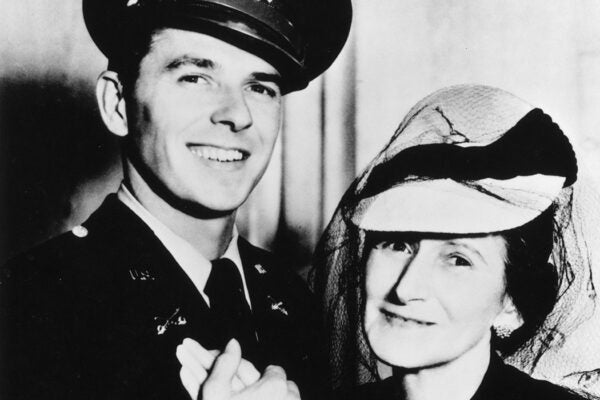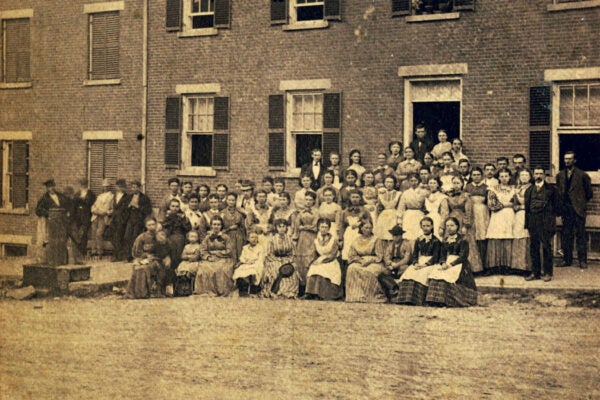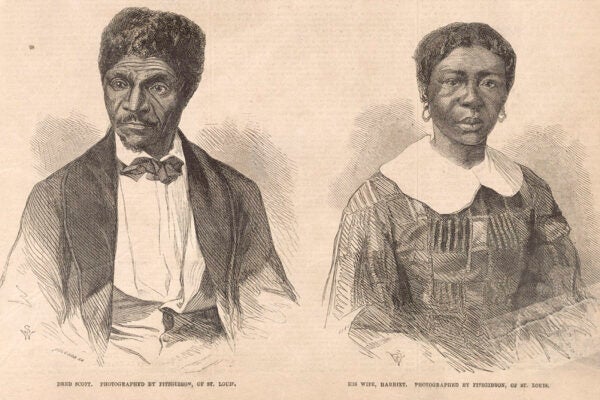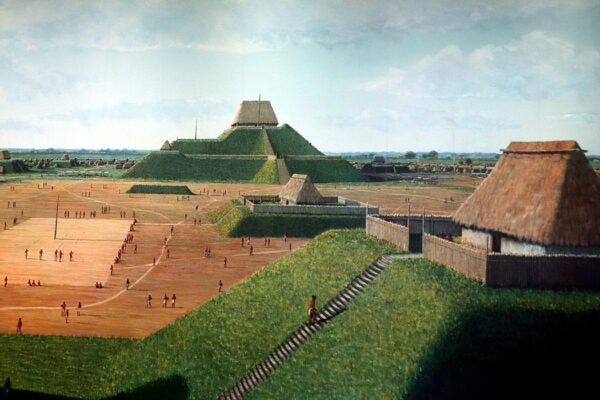Ronald Reagan’s Guiding Light
Having inherited his mother’s beliefs, Reagan was ever faithful to the Disciples of Christ, whose tenets were often at odds with those of the GOP.
Lowell’s Forgotten House Mothers
As vital to the success of industrial New England as the mill girls who toiled in the factories were the women who oversaw their lodging.
The US Army as a Slaveholding Institution
Until the Civil War, US Army officers relied on enslaved servants even while serving in “free states.”
Working on the (Underground) Railroad
Born a free Black man, William Still kept the books and managed the money for the Philadelphia branch of the Underground Railroad.
How Native Americans Guarded Their Societies Against Tyranny
Many Native American communities were consensus democracies that survived for generations because of careful attention to checking and balancing power.
The Treaty of Paris 1783: Annotated
The Treaty of Paris marked the end of the Revolutionary War and the hostilities between Great Britain and the newly independent United States—at least temporarily.
Birthing the Jersey Devil
For centuries, a fork-tailed mythical creature that lurks in the pinelands of the Garden State has served as a reminder of the horrors that result when reproductive freedoms are destroyed.
The Federalist No. 1: Annotated
Alexander Hamilton’s anonymous essay challenged the voting citizens of New York to hold fast to the truth when deciding to ratify (or not) the US Constitution.
Webster’s Dictionary 1828: Annotated
Noah Webster’s American Dictionary of the English Language declared Americans free from the tyranny of British institutions and their vocabularies.
Missouri Compromise of 1820: Annotated
The “compromise” attempted to answer the question of whether the Missouri territory would be admitted to the Union as a “slave” or “free” state.









